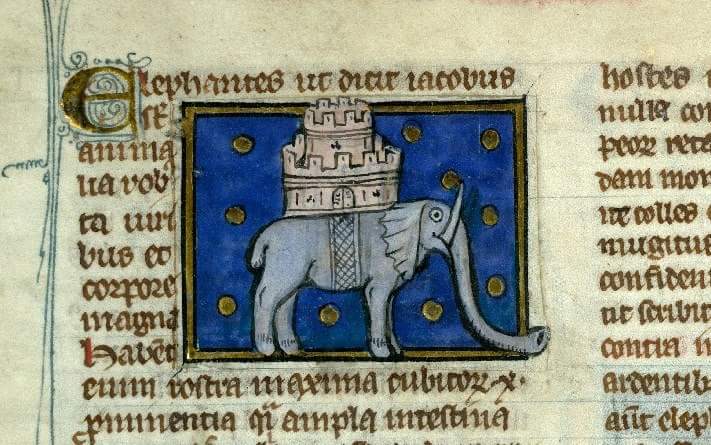According to Megillat Ta’anit, Yom Niqanor is celebrated on the 13th of Adar. Celebrated and instituted by Judah Maccabee and his followers, the day commemorates the self-sacrifice of the Maccabees in their victory over Niqanor, the Seleucid-Greek general of Antiokhus responsible for so many of the atrocities recorded in the I and II Maccabees. As Ravv Dr. Zev Farber writes, “Even though we end the story of the Maccabees with the rededication of the Temple, the story of the struggle against the Syrian-Greeks did not end there. Niqanor Day celebrates a time when the Jews stood their ground against a force that would attack them again and again. We like to imagine quick decisive victories that happen once and last into the happily ever after, but that is not how things happen in real life. Judah Maccabee had to fight his entire life, and lose it, to keep the Temple safe and the Jews free. Each time was a struggle, less dramatic than Ḥanukkah but no less significant. This is the meaning of Niqanor Day. If Ḥanukkah is the 1948 War of Independence then Niqanor Day is either the 1967 Six Day War or the 1973 Yom Kippur War—the wars where Israel had to stand its ground or risk losing it all.”
⤷ You are here:
👂︎ Liturgical Readings, Sources, and Cantillation —⟶ Readings for Festivals, Commemorations, and Civic Days —⟶ Readings for Days in Jewish Calendars —⟶ Yom Niqanor Readings 🡄 (Previous category) :: 📁 Shiv'ah b'Adar Readings 📁 Taanit Esther Readings :: (Next Category) 🡆 Yom Niqanor ReadingsFilter resources by Collaborator Name Filter resources by Tag Filter resources by Category Filter resources by Language Filter resources by Date Range Sorted Chronologically (old to new). Sort most recent first? It is challenging to think of how to mark Nicanor Day, as it remains at a disadvantage, not only on years when it conflicts with Ta’anit Esther but on all years since it has no mitzvot. This is probably the main reason that, unlike Chanukah and Purim, it was lost to Jewish practice for more than a thousand years. Nevertheless, we do have its megillah, which has been translated into Hebrew and English. Perhaps, if we start reading chapters 13-15 of 2 Maccabees, even just to ourselves, on the 13 of Adar, we can begin to resurrect a holiday that was celebrated and instituted by Judah Maccabee and his followers over two millennia ago, and which they envisioned would continue throughout Jewish History. With the return of Jews to Israel and Jewish sovereignty to Jerusalem, I believe it is about time. . . . Categories: Tags: Contributor(s):
Stable Link:
https://opensiddur.org/index.php?cat=3026
Associated Image: 
Thomas of Cantimpré, Liber de natura rerum, France ca. 1290
(Valenciennes, Bibliothèque municipale, ms. 320, fol. 59v) (This image is set to automatically show as the "featured image" in shared links on social media.)
Terms of Use:
Be a mentsch (a conscientious, considerate person) and adhere to the following guidelines:
Additional Notes:
Support this work:
The Open Siddur Project is a volunteer-driven, non-profit, non-commercial, non-denominational, non-prescriptive, gratis & libre Open Access archive of contemplative praxes, liturgical readings, and Jewish prayer literature (historic and contemporary, familiar and obscure) composed in every era, region, and language Jews have ever prayed. Our goal is to provide a platform for sharing open-source resources, tools, and content for individuals and communities crafting their own prayerbook (siddur). Through this we hope to empower personal autonomy, preserve customs, and foster creativity in religious culture.
ויהי נעם אדני אלהינו עלינו ומעשה ידינו כוננה עלינו ומעשה ידינו כוננהו "May the pleasantness of אדֹני our elo’ah be upon us; may our handiwork be established for us — our handiwork, may it be established." –Psalms 90:17
| ||
Sign up for a summary of new resources shared by contributors each week
  |
